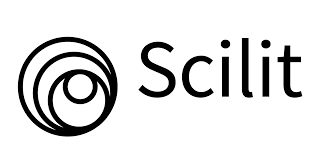Strategi Pengembangan Pariwisata Berkelanjutan di Desa Samangki Kecamatan Simbang Kabupaten Maros
Abstract
This article aims to formulate a strategic plan for sustainable tourism development in Samangki village, Maros Regency, South Sulawesi. The research design used is descriptive qualitative. At the stage of formulating a sustainable tourism development strategy in Samangki village, using SWOT analysis techniques. The results of the analysis show that Samangki village has internal and external potential for sustainable tourism that can be further developed. Then, potential analysis based on aspects or criteria as the village concept shows that of the seven aspects, only aspects of human resource readiness and aspects of tourism support facilities still need to be improved, while the other five aspects are; tourist attraction, community motivation, facilities and infrastructure, availability and availability of land, in general, are adequate for tourism. In addition, the development of sustainable tourism in Samangka village is quite good, but there is a need for improvement so that in the future Samangka village can become one of the pilot tourism villages in Indonesia.
Copyright (c) 2021 Farid Asfari Rahman

This work is licensed under a Creative Commons Attribution-NonCommercial 4.0 International License.
The author whose manuscript is published agrees to the following conditions:
- Publication rights of all journal manuscripts published / published on the JKTP website are held by the editorial board with the author's knowledge (copyright remains the author's).
- The formal legal provisions for access to digital electronic journal articles are subject to the provisions of the CC Attribution-Non-Commercial 4.0 license, which means JKTP has the right to store, transfer media / formats, manage in the form of a database, maintain, and publish articles without asking permission from the author as long as the author's name remains as the copyright owner.
- Manuscripts published / published in print and electronically are open access for the purpose of education, research and libraries. Apart from these purposes, the editorial board is not responsible for violations of copyright law.




.png)










